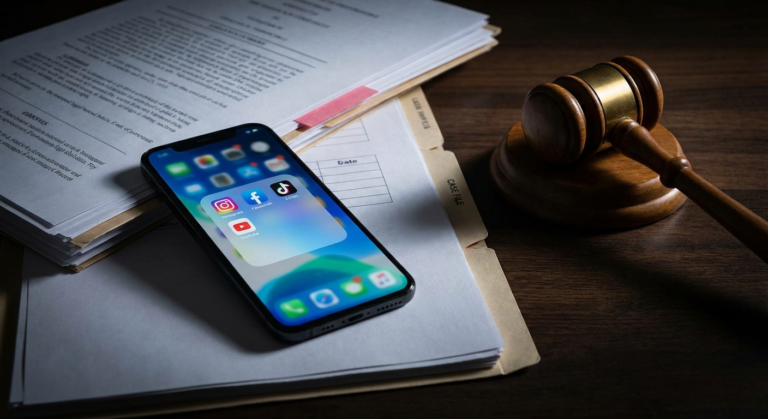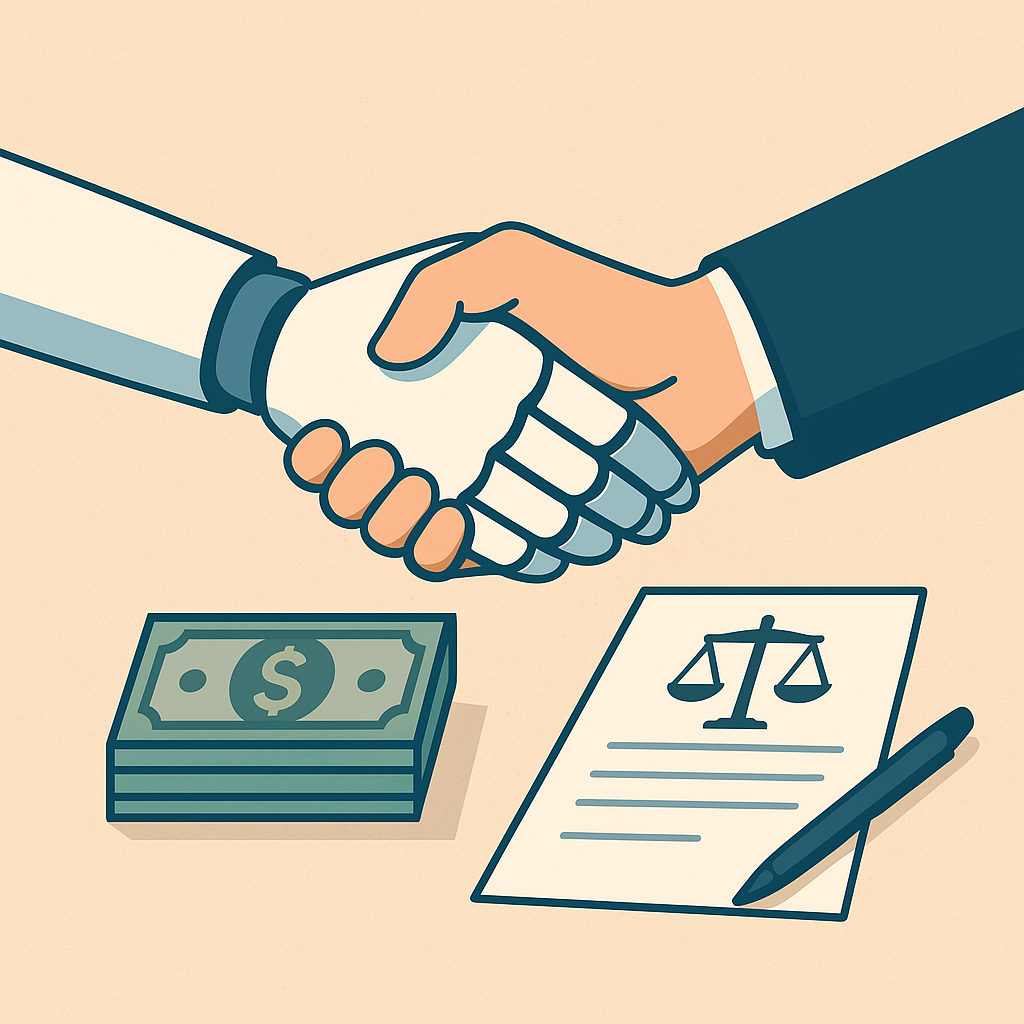South Carolina’s natural beauty and rich history attract millions of visitors every year. Whether you’re vacationing on the coast, exploring Charleston’s historic streets, or driving through the state on your way to another destination, an unexpected injury can abruptly change your plans—and your life. Understanding how to respond and protect your legal rights when injured in South Carolina is essential, especially if you don’t live in the state.
This guide provides a detailed overview of what you should do if you are hurt while visiting South Carolina, how to pursue a personal injury claim here, and why working with a local personal injury law firm like Proffitt & Cox, LLP can make all the difference.
Understanding Personal Injury Claims for Out-of-State Visitors
If you are injured while physically present in South Carolina—regardless of your residency—the state’s courts have jurisdiction over personal injury claims arising from that incident. This means your claim must be filed in South Carolina, applying South Carolina law, even if you are a resident of another state.
According to the South Carolina Judicial Department, cases involving injuries occurring in the state fall under its circuit courts. It is critical to file your claim within South Carolina’s statute of limitations for personal injury cases, which is generally three years from the date of injury under South Carolina Code §15-3-530. Missing this deadline will likely bar you from recovering compensation.
Common Causes of Injuries for Visitors in South Carolina
Visitors face various risks that can lead to injuries, including:
- Vehicle Accidents: South Carolina’s highways (such as I-95, I-26, and coastal roads) experience heavy tourist traffic, increasing the likelihood of collisions. According to the South Carolina Department of Public Safety, car accidents are a leading cause of injury in the state.
- Slip and Fall Accidents: Unsafe conditions in hotels, resorts, restaurants, and public beaches—such as wet floors, uneven pavement, or poorly maintained staircases—can cause serious falls.
- Boating and Water-Related Injuries: With extensive lakes and the Atlantic coastline, boating accidents and water-related injuries are common during peak tourist seasons.
- Defective Product or Equipment Injuries: Injuries caused by faulty rental equipment, amusement park rides, or unsafe recreational gear.
- Assaults or Intentional Harm: Unfortunately, visitors can sometimes be victims of intentional harm or negligence resulting in injury.
Each type of injury has unique legal considerations. For example, proving negligence in a slip and fall differs from establishing fault in a car accident or product liability case.
Essential Steps to Take If You Are Injured in South Carolina
1. Prioritize Your Health and Safety
Seek immediate medical attention—even if you think your injuries are minor. Untreated injuries can worsen, and medical records are essential evidence for any personal injury claim.
2. Report the Incident to Proper Authorities
If your injury occurred on private property, report it to the property owner or management and request an incident report. If you are involved in a car accident, call the police and make sure a report is filed, as recommended by the South Carolina Department of Public Safety.
3. Document Everything Thoroughly
Gather as much evidence as possible at the scene:
- Take clear photos or videos of the accident location, any hazards, and visible injuries.
- Write down details of what happened while it’s fresh in your mind.
- Collect names and contact information of witnesses.
- Keep all medical records, bills, and related documents.
The American Bar Association stresses that comprehensive documentation significantly strengthens your claim.
4. Limit What You Share Publicly
Avoid discussing your injury or the incident on social media or with insurance adjusters without legal guidance. Statements can be misinterpreted or used against you.
5. Contact a South Carolina Personal Injury Attorney Immediately
Navigating the legal system away from home is complex. A knowledgeable local lawyer understands South Carolina’s specific laws, court procedures, and deadlines. They can protect your rights, communicate with insurers, and file your claim properly within the required timeframes.
Understanding South Carolina’s Legal Landscape for Personal Injury Claims
Statute of Limitations
South Carolina enforces a three-year statute of limitations on most personal injury claims. This countdown begins on the date of the injury, not when symptoms appear. For claims involving government entities, shorter deadlines and special notice requirements may apply.
Comparative Negligence
South Carolina follows a modified comparative negligence rule, meaning if you are partially at fault for your injury, your compensation may be reduced proportionally. If your fault exceeds 50%, you may be barred from recovering damages. This nuanced law makes consulting a local attorney critical to accurately assessing your case.
Types of Damages You Can Recover
- Medical expenses (past and future)
- Lost wages and loss of earning capacity
- Pain and suffering
- Property damage (such as vehicle repairs)
- Punitive damages in cases of egregious conduct
Why Choose Proffitt & Cox, LLP for Your South Carolina Injury Case?
When injured away from home, the last thing you want is to navigate unfamiliar legal terrain alone. The Proffitt & Cox, LLP personal injury team combines local expertise with personalized attention to help you understand your rights, gather evidence, and pursue maximum compensation.
We have a proven track record of successfully representing out-of-state visitors injured in South Carolina, guiding them through complex legal processes with compassion and professionalism.
Injury Response Checklist for Visitors to South Carolina
Use this checklist as your guide if you or a loved one is injured while traveling in South Carolina:
- Seek Immediate Medical Attention
Even if injuries seem minor, get checked by a healthcare professional.
- Report the Incident
Notify property managers or law enforcement and request an official report.
- Document the Scene
Take photos/videos of hazards, injuries, and surroundings.
- Collect Witness Information
Get names and contact details of anyone who saw what happened.
- Keep Records
Save all medical bills, treatment notes, and related expenses.
- Avoid Social Media Posts About the Incident
Keep details private until you consult an attorney.
- Contact a South Carolina Personal Injury Lawyer
Get expert legal advice quickly to protect your rights.
Don’t Let an Injury in South Carolina Derail Your Life—Get Help Now
If you or a loved one suffered an injury while visiting South Carolina, time is of the essence. Evidence can degrade, witnesses may become unavailable, and legal deadlines are unforgiving.
Contact Proffitt & Cox, LLP today for a free consultation. We’ll evaluate your case, explain your options clearly, and provide the support you need to focus on healing while we handle the legal work.





